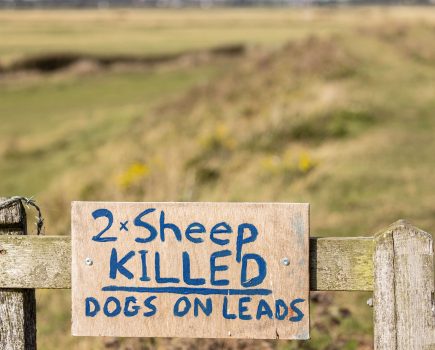Advice from Brian Barrow, managing director consultants Acorus Rural Property Services Ltd
Many owners of small rural based businesses often find themselves in trouble with the planning authorities. Often it is not a wilful desire to not comply that is the problem but a lack of knowledge or, worse still, inaccurate information. As most rural land based business involves agriculture of some form, that is a good starting point. Agriculture in its pure sense is outside of planning requirements in terms of the use of land or existing buildings – that is, it is not classed as development. Therefore you can grow crops or keep animals without the need for planning permission. Beyond this it gets more complicated. Some of the typical issues begin as follows: Moveable/temporary structures Something which is a structure or chattel placed on land is a use not a building. In its simplest form a pig ark which is moved around providing shelter for a pig would not need planning permission. If the structure is used to keep a non-agricultural animal then, unless the land has permission to keep that animal on it, the use nor the structure would be permitted. Engineering operations Moving soil, digging holes and making new accesses are all engineering operations and therefore constitute development. The General Permitted Development Order gives agriculture a significant amount of permitted development i.e. cases where you do not need planning permission. Different rules apply to holdings above and below 5 hectares (12.35 acres). Buildings Agricultural buildings can be permitted development on larger holdings subject to various rules, but, even if they do qualify, will be subject to the Prior Notification procedure which gives the Local Planning Authority 28 days to say they wish to influence the siting, design and external appearance. This is an area where significant amount of problems occur given the complicated exceptions and rules. Consequences of not having planning permission Not having planning permission for a use or development is not illegal but could result in enforcement. A defence against enforcement can be achieved by way of a Certificate of Lawful Existing Use or Development (CLEUD) if the development has been in place long enough. If you are setting up a farm or expanding, tactics can be important as well as knowing your rights. MORE: see www.acorus.co.ukAcorus Rural Property Services Ltd www.acorus.co.uk







